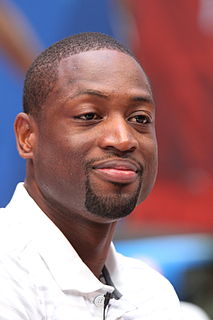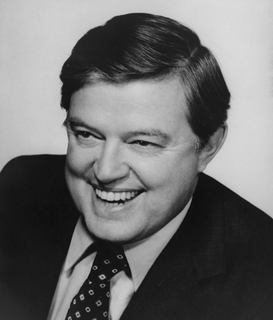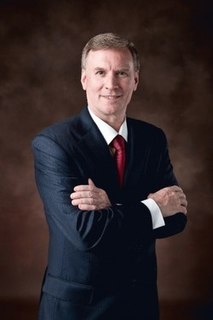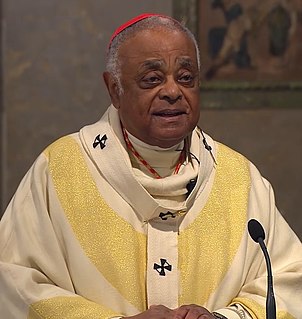A Quote by Seth MacFarlane
Most of the outrage comes from not the public, but from the media, the press and writers.
Related Quotes
In examining the CIA's past and present use of the U.S. media, the Committee finds two reasons for concern. The first is the potential, inherent in covert media operations, for manipulating or incidentally misleading the American public. The second is the damage to the credibility and independence of a free press which may be caused by covert relationships with the U.S. journalists and media organizations.
Who should regulate the media? Who should control the press? The commentariat agonises, as if the choice was between state control through some autocratic press law or a new Press Complaints Commission redecorated with false teeth. But there is another way. Let journalists regulate themselves.... Let's have a little democracy in the media. Even in the Murdoch papers, the number of journalists who are irretrievably lawless and callous is quite small. Most of the disasters at the News of the World happened because its editors treated their staff in the style of Muammar Gaddafi.
Marijuana is the finest anti-nausea medication known to science, and our leaders have lied about this consistently. [Arresting people for] medical marijuana is the most hideous example of government interference in the private lives of individuals. It's an outrage within an outrage within an outrage.
I don't think the rhetoric toward President Trump from media sources or media commentators is any worse than what Franklin Roosevelt got from a conservative press in another era. And Roosevelt was, you know, not as blunt as Trump about the press, but, you know, there was an ideological press back then, when we had multiple newspapers in town.
People tend to assess the relative importance of issues by the ease with which they are retrieved from memory—and this is largely determined by the extent of coverage in the media. Frequently mentioned topics populate the mind even as others slip away from awareness. In turn, what the media choose to report corresponds to their view of what is currently on the public’s mind. It is no accident that authoritarian regimes exert substantial pressure on independent media. Because public interest is most easily aroused by dramatic events and by celebrities, media feeding frenzies are common


































